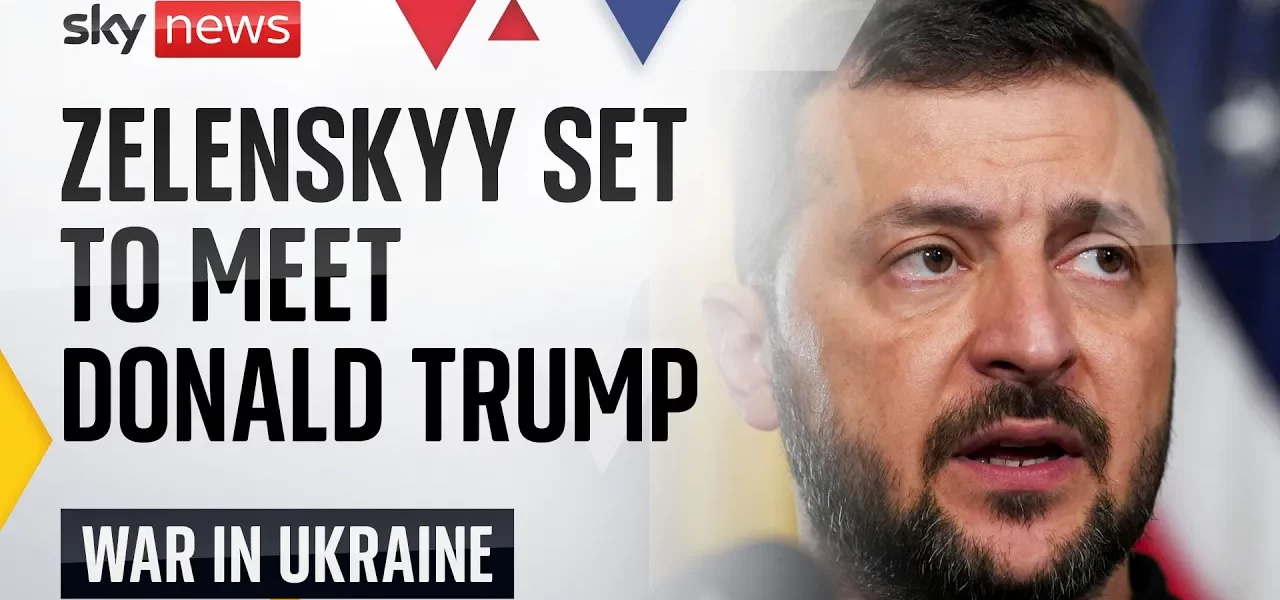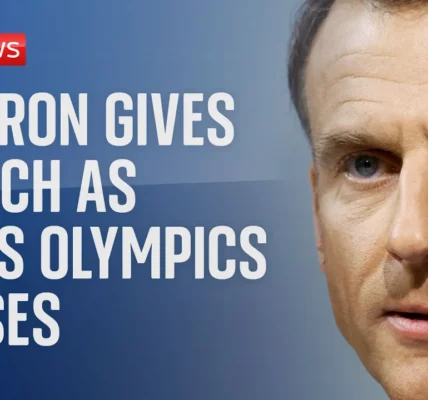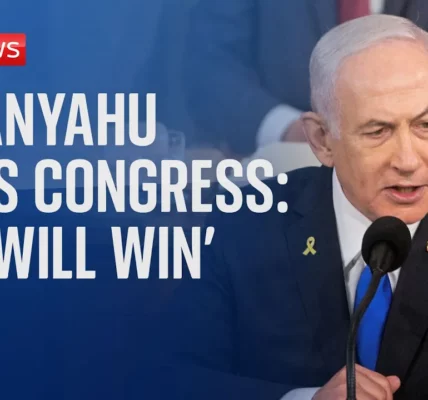Kamala Harris Meets Ukraine’s President Zelensky: Implications for Ukraine’s Future

In a pivotal meeting, Vice President Kamala Harris engages with Ukraine’s President Zelensky to address the critical impact of the upcoming U.S. presidential election on Ukraine’s war against Russia. This article delves into the implications of their discussion and the broader political context surrounding it.
Introduction
The ongoing conflict between Ukraine and Russia has reached a crucial juncture, with Ukraine’s sovereignty and future hanging in the balance. During a recent meeting in Washington, Vice President Kamala Harris and President Volodymyr Zelensky discussed the stakes involved, particularly in light of the upcoming U.S. presidential election. With tensions high and the potential for political shifts, the implications for Ukraine’s defense strategies and international support are significant.
Context of the Meeting
President Zelensky’s visit to Washington was marked by discussions on military strategy and the future of U.S. support for Ukraine. The meeting took place against the backdrop of a politically charged environment, as the November election looms large.
The Stakes for Ukraine
Vice President Harris framed the conversation around the potential consequences for Ukraine should Donald Trump emerge victorious in the upcoming election. This perspective highlights the differing approaches to foreign policy that could drastically alter Ukraine’s fate:
- Increased pressure to concede territory to Russia.
- Shifts in military support and strategic alliances.
- Potential changes in international aid dynamics.
Zelensky’s Call for Military Support
During his discussions, Zelensky made a compelling case for greater military support from the U.S., focusing on the need for long-range missiles to effectively target Russian military installations.
The Request for Long-range Missiles
Zelensky’s primary request was for more permissive rules regarding the use of long-range missiles. He emphasized that hitting legitimate military targets within Russia could significantly impact the conflict:
- Shutting down Russian air bases.
- Disabling missile bases attacking Ukraine.
- Creating leverage for negotiations with Putin.
Biden’s Cautious Approach
President Biden’s response to Zelensky’s request was notably cautious. Despite acknowledging the urgency of Ukraine’s needs, Biden refrained from committing to a clear escalation in military support, highlighting the complexities of U.S. foreign policy and the risks of provoking a broader conflict.
Political Landscape and Its Implications
The political landscape in the U.S. presents significant challenges for Zelensky as he seeks to bolster support for Ukraine. The potential return of Donald Trump to the presidency raises concerns about the continuity of U.S. commitments to Ukraine.
Trump’s Proposed Peace Plan
Trump’s approach to the conflict, which includes proposals for freezing the conflict and territorial concessions to Russia, starkly contrasts with Biden’s support for Ukraine’s sovereignty:
- Potential for a negotiated settlement that favors Russian interests.
- Concerns about undermining Ukraine’s territorial integrity.
- Impact on U.S.-Ukraine relations.
Conclusion
The meeting between Vice President Kamala Harris and President Zelensky underscores the precarious situation facing Ukraine as it navigates the complexities of international relations and domestic politics in the U.S. The outcomes of the upcoming presidential election could shape Ukraine’s future significantly.
As the situation evolves, it is essential for both the American public and international observers to remain informed about these developments. Understanding the stakes can help foster support for Ukraine’s sovereignty and security. For more insights on international relations and political developments, visit our related articles.
“`




